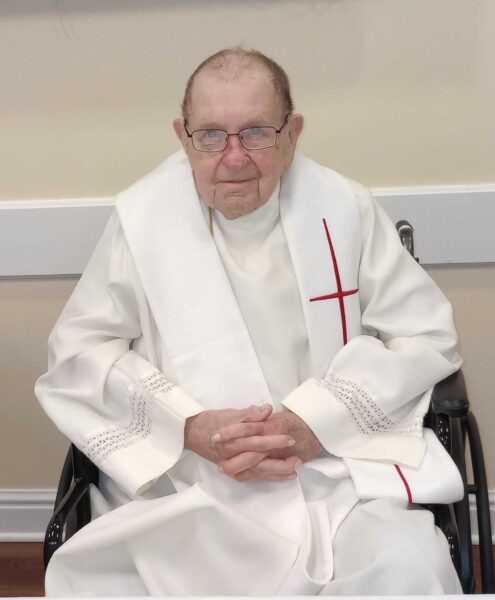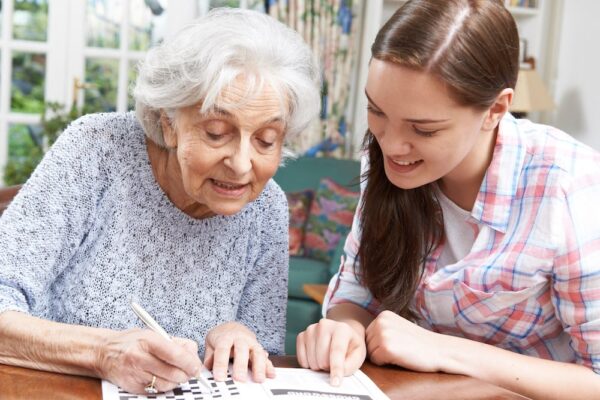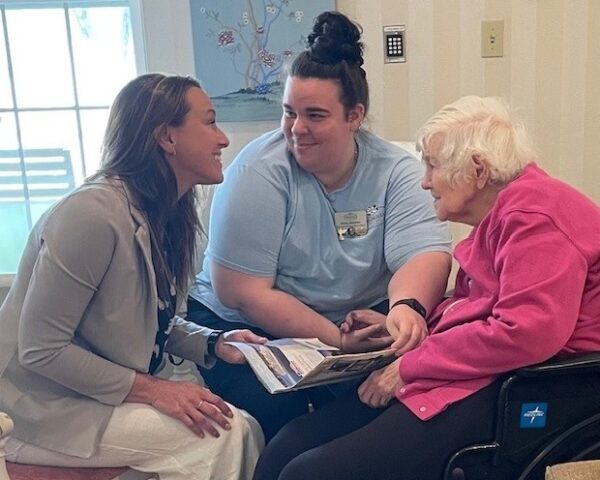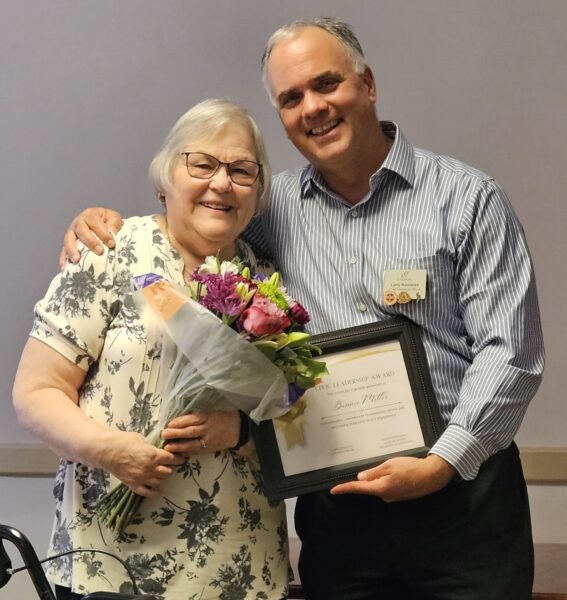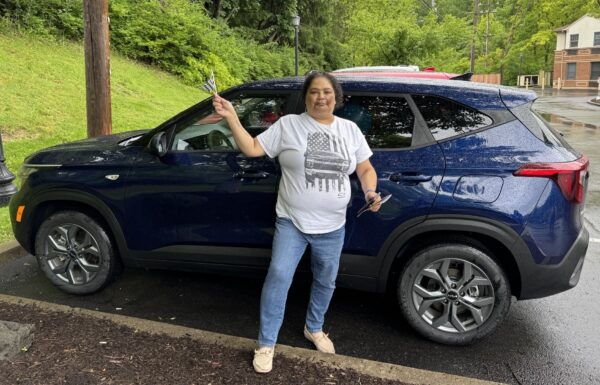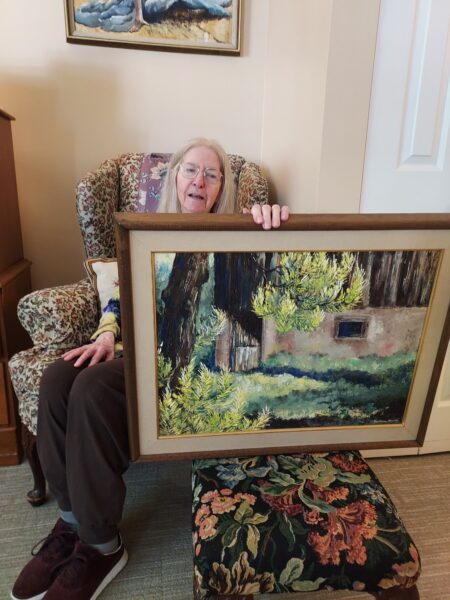Remembering a Centenarian’s Life of Grace, Laughter and Love
Exton Senior Living Resident Rita Wiggins Would Have Turned 104 on July 8 EXTON, Pa. – Exton Senior Living paused to remember a cherished member of the senior living community on what would have been Rita Wiggins 104th birthday. “We honored Rita’s beautiful life,” said Ana DiSilva, LifeStories Director at…
Read More